
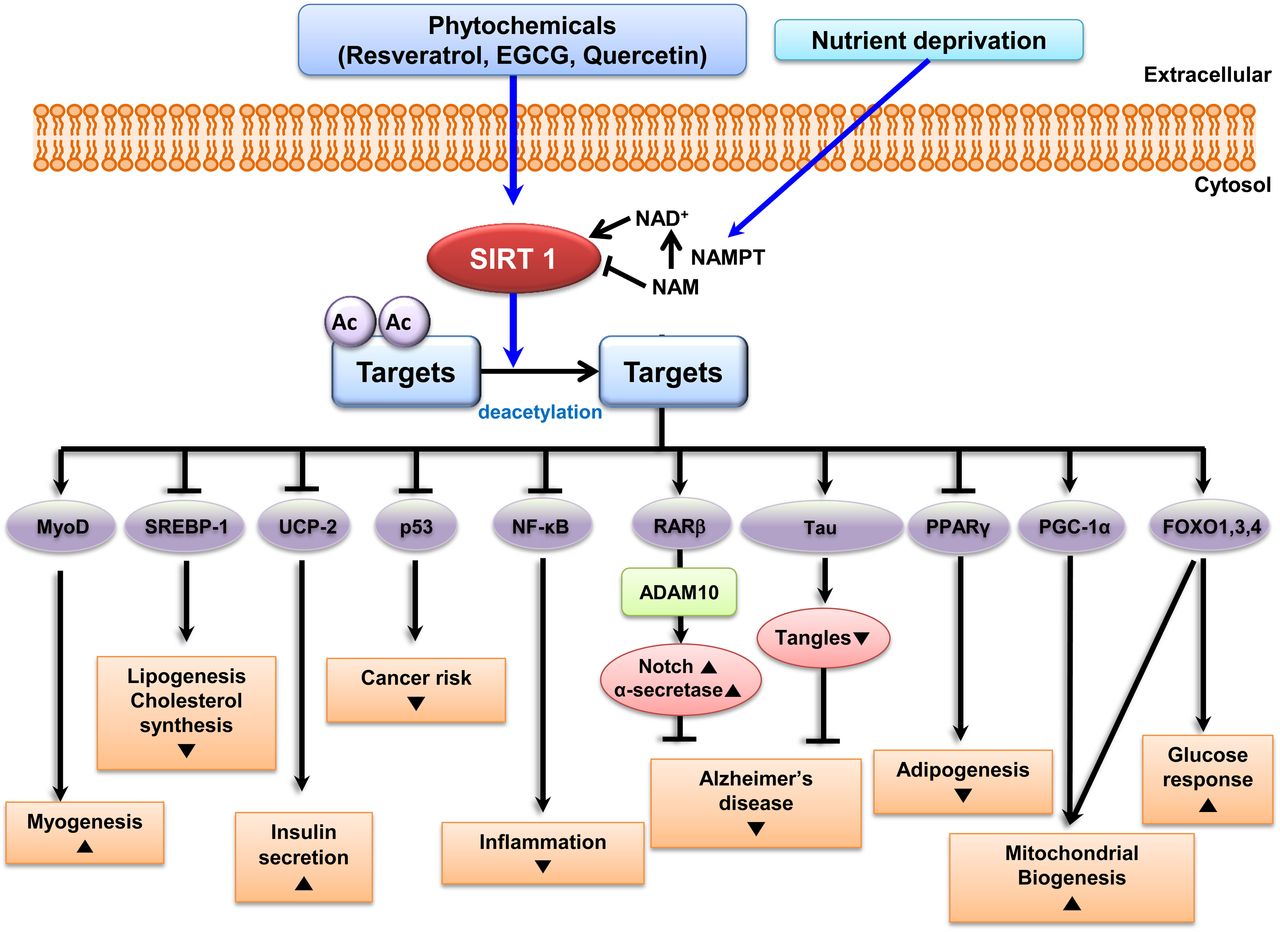
Sirt study:
Fasting and epigenetic active plant ingredients induce SIRT, p53 and mTOR pathways which regulate autopahgy, senescence and DNA repair. We analyse effects in adipocyte cell cultures and in blood spots from volunteers
epigenetic biomarkers of aging >>>
Exercise and epigenetic study
Exercise regulate complex epigenetic pathways influencing health. We analyse markers from blood spots
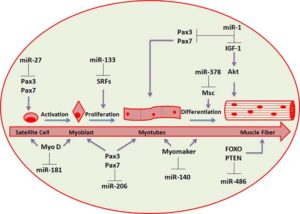
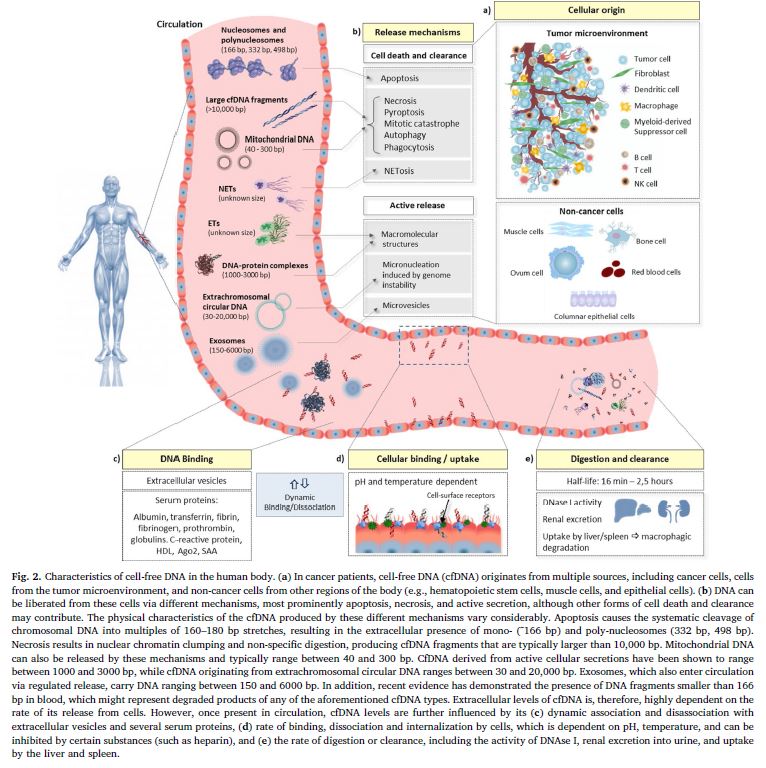
Project cell free DNA analysis
We investigate cell free cf-DNA for acquired genetic and epigenetic markers
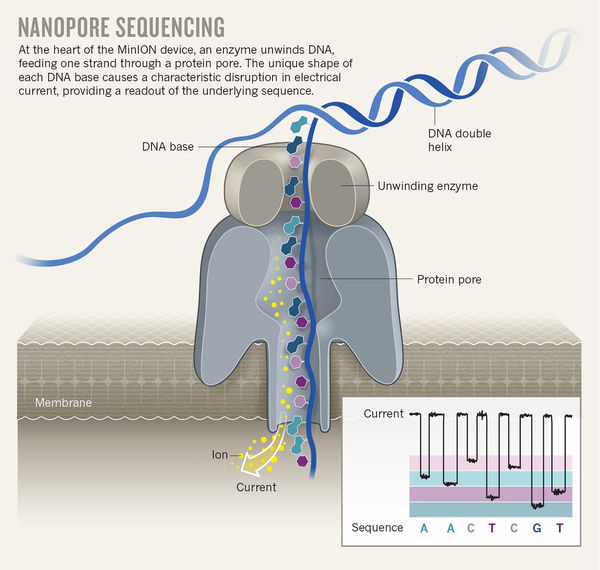

Analysing concepts for an individualised nutrition and definition of reasonable metabotypes. We analyse genetics, epigenetics and microbiota
FFG, start 2016
- Epigenetic regulation of DNA repair, effects from nutrition
- FWF, 2014
Artikel Uni News >>>Report: Correlations between obesity and metabolic syndrome with significant increases of certain cancer rates are of public concern. The main objective of the project was therefore to assess the influence of diet on DNA methylation and expression of genes involved in MSI, nuclear DNA damage repair and inflammation pathways, which may be of importance for developments of certain cancers and other complex diseases.
In a first step, a comprehensive literature database was established. Results of the evaluation indicate as a reason for DNA damage altered glucose and fatty acid metabolism. Literature also showed that genomic is reversible and can be reversed by reduction of body weight or by dietary measures.
In vitro experiments of the colorectal cancer cell line Caco 2 in the counteraction of oxidative stress by vitamin E showed a dose dependent inhibition of H2O2 induced oxidative stress. Vit E and green tea extract EGCG also enhanced DNMT1 and DNA repair gene expression.
In vivo we detected a significant increase of DNA damage in single cell gel electrophoresis assays (SCGE) in liver, colon of mice fed a high fat diet. Vit E but also EGCG and equol decreased obesity induced DNA damage and modulated the expression of epigenetic important genes as well as GI microbiota.
Supplementation of the diet with Vit E caused changes in the gene expression of DNMT1 and MLH1 as well as methylation of CPGs in the promotor region of both genes.
Consumption of gallic acid, for 7 days lead to pronounced reduction of obesity associated DNA damage. Furthermore, a number of parameters which are associated with adverse health effects of overweight (tumour necrosis factor-α, haemoxygenase-1, monocyte chemoattractant protein-1 and Nf-kappa B) were also reduced after GA feeding.
Supplementation with EGCG resulted in changes of DNMT1 and MLH1 as well as decreased inflammatory status indicated by GI microbiota, the Firmicutes : Bacteroides ratio.
Supplementation with Equol in turn decreased DNMT1 gene expression correlating with a higher methylation status in the promoter region. Equol partially reversed HFD induced aberrancies in gut microbiota composition.
In conclusion our investigation of current available literature found that only a small number of studies have been published with concern on excess of body weight and genome stability. Our experiences indicate a significant impact of excessive overweight on DNA stability and DNA methylation. Whereas supplementation with plant ingredients reduced obesity linked inflammatory status, reduce DNA breaks and modulate the epigenetic control of crucial genes, presumably by individual characteristics of the compounds. These activities should be a science based starting point for concepts of an individual preventive health care.
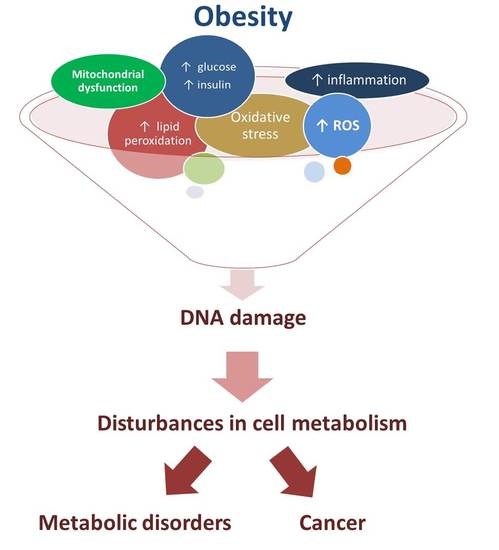
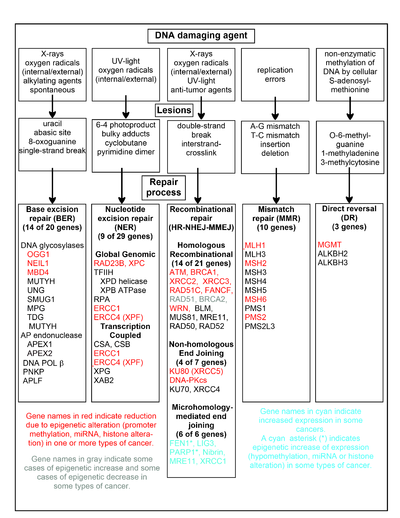
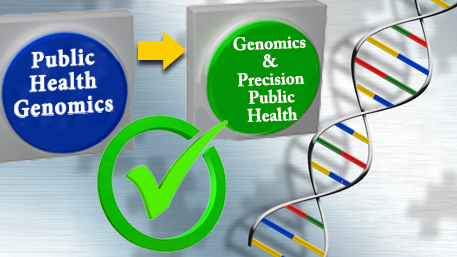
Public Health Genomics, PHGEN
EU- Framework project, http://www.phgen.eu/typo3/index.php
The project wanted to establish fundamentals for the use of molecular analysis in PUBLIC HEALTH
Nutritional counselling for use of PROBIOTICS
FWF
Report: Fermented milk and probiotic Lactic Acid Bacteria have been claimed to prolong life since Elie Metchnikoff and Minoru Shirota. Intensive scientific research, efforts from industry, economic success of products as well as public concern about industrial health claims have characterised the development of probiotic products for use in many health areas and DISEASE PREVENTION.
The discovery and analysis of the human gastrointestinal (GI) microbiome by modern molecular methods based on culture free analysis of microorganisms has shown individual, lifestyle- and nutrition relevant characteristics of the microbiome as well as microbiome linked individual susceptibilities for diseases such as allergies, obesity, inflammatory or nervous diseases. In parallel probiotic products were diversified for uses in these different diseases and prevention situations. In combination with genetic, epigenetic, nutritional and environmental factors, evaluated e.g. by questionnaires, characteristics of the microbiome are an important element of an individual, preventive health care (such as addressed by the Public Health Genomic EU research network, where our working group participates).
Objective of the project was to establish fundamentals for a nutritional COUNSELLING for the use of probiotics in different health scenarios. This would be achieved by an analysis of the scientific progress in the field, by the development of methods for an analysis of nutritional characteristics and faecal microbiota of consumers, interested in a counselling for a potential science based use of a probiotic product.
The project established and published guidance for effects and uses of nutrition and probiotics in different diseases, specific questionnaires, methods for cost adequate analysis of individual’s faecal microbiota as an indicator for the situation of the GI microbiota. Addressing the requirement of a translational project counselling started at the end of the project (http://www.healthbiocare.com). Clearly the discussions on the relevance of the GI microbiome for obesity after the start of the project boostered and influenced the project. Most importantly the project built a solid basis for the integration of new developments from the rapid scientific progress for the uses of nutritional counselling. The concept of nutrition linked enterotypes might contribute to shape nutritional sciences.
Publications and presentations at international meetings included the role of nutrition on anti-inflammatory short chain fatty acid producing microbiota, consequences of nutrition, CHEMOTHERAPY, antibiotics on microbiota and probiotic/antibiotic combinations for antibiotic associated diarrhoea.
Nutritional counselling for use of PROBIOTICS
FWF
Report: Fermented milk and probiotic Lactic Acid Bacteria have been claimed to prolong life since Elie Metchnikoff and Minoru Shirota. Intensive scientific research, efforts from industry, economic success of products as well as public concern about industrial health claims have characterised the development of probiotic products for use in many health areas and DISEASE PREVENTION.
The discovery and analysis of the human gastrointestinal (GI) microbiome by modern molecular methods based on culture free analysis of microorganisms has shown individual, lifestyle- and nutrition relevant characteristics of the microbiome as well as microbiome linked individual susceptibilities for diseases such as allergies, obesity, inflammatory or nervous diseases. In parallel probiotic products were diversified for uses in these different diseases and prevention situations. In combination with genetic, epigenetic, nutritional and environmental factors, evaluated e.g. by questionnaires, characteristics of the microbiome are an important element of an individual, preventive health care (such as addressed by the Public Health Genomic EU research network, where our working group participates).
Objective of the project was to establish fundamentals for a nutritional COUNSELLING for the use of probiotics in different health scenarios. This would be achieved by an analysis of the scientific progress in the field, by the development of methods for an analysis of nutritional characteristics and faecal microbiota of consumers, interested in a counselling for a potential science based use of a probiotic product.
The project established and published guidance for effects and uses of nutrition and probiotics in different diseases, specific questionnaires, methods for cost adequate analysis of individual’s faecal microbiota as an indicator for the situation of the GI microbiota. Addressing the requirement of a translational project counselling started at the end of the project (http://www.healthbiocare.com). Clearly the discussions on the relevance of the GI microbiome for obesity after the start of the project boostered and influenced the project. Most importantly the project built a solid basis for the integration of new developments from the rapid scientific progress for the uses of nutritional counselling. The concept of nutrition linked enterotypes might contribute to shape nutritional sciences.
Publications and presentations at international meetings included the role of nutrition on anti-inflammatory short chain fatty acid producing microbiota, consequences of nutrition, CHEMOTHERAPY, antibiotics on microbiota and probiotic/antibiotic combinations for antibiotic associated diarrhoea.
Nutritional counselling for use of PROBIOTICS
FWF
Report: Fermented milk and probiotic Lactic Acid Bacteria have been claimed to prolong life since Elie Metchnikoff and Minoru Shirota. Intensive scientific research, efforts from industry, economic success of products as well as public concern about industrial health claims have characterised the development of probiotic products for use in many health areas and DISEASE PREVENTION.
The discovery and analysis of the human gastrointestinal (GI) microbiome by modern molecular methods based on culture free analysis of microorganisms has shown individual, lifestyle- and nutrition relevant characteristics of the microbiome as well as microbiome linked individual susceptibilities for diseases such as allergies, obesity, inflammatory or nervous diseases. In parallel probiotic products were diversified for uses in these different diseases and prevention situations. In combination with genetic, epigenetic, nutritional and environmental factors, evaluated e.g. by questionnaires, characteristics of the microbiome are an important element of an individual, preventive health care (such as addressed by the Public Health Genomic EU research network, where our working group participates).
Objective of the project was to establish fundamentals for a nutritional COUNSELLING for the use of probiotics in different health scenarios. This would be achieved by an analysis of the scientific progress in the field, by the development of methods for an analysis of nutritional characteristics and faecal microbiota of consumers, interested in a counselling for a potential science based use of a probiotic product.
The project established and published guidance for effects and uses of nutrition and probiotics in different diseases, specific questionnaires, methods for cost adequate analysis of individual’s faecal microbiota as an indicator for the situation of the GI microbiota. Addressing the requirement of a translational project counselling started at the end of the project (http://www.healthbiocare.com). Clearly the discussions on the relevance of the GI microbiome for obesity after the start of the project boostered and influenced the project. Most importantly the project built a solid basis for the integration of new developments from the rapid scientific progress for the uses of nutritional counselling. The concept of nutrition linked enterotypes might contribute to shape nutritional sciences.
Publications and presentations at international meetings included the role of nutrition on anti-inflammatory short chain fatty acid producing microbiota, consequences of nutrition, CHEMOTHERAPY, antibiotics on microbiota and probiotic/antibiotic combinations for antibiotic associated diarrhoea.
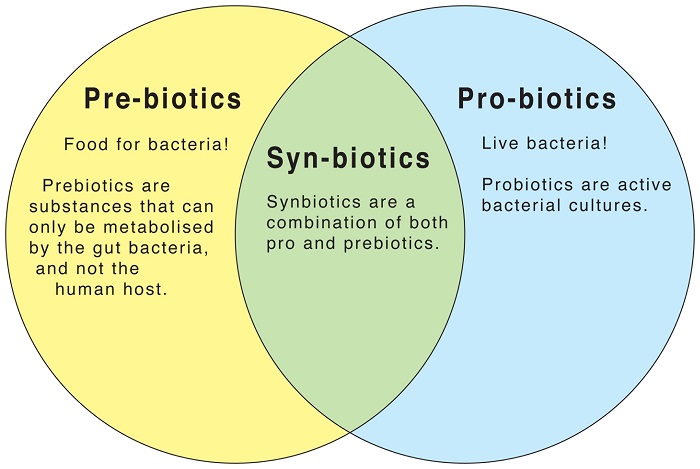
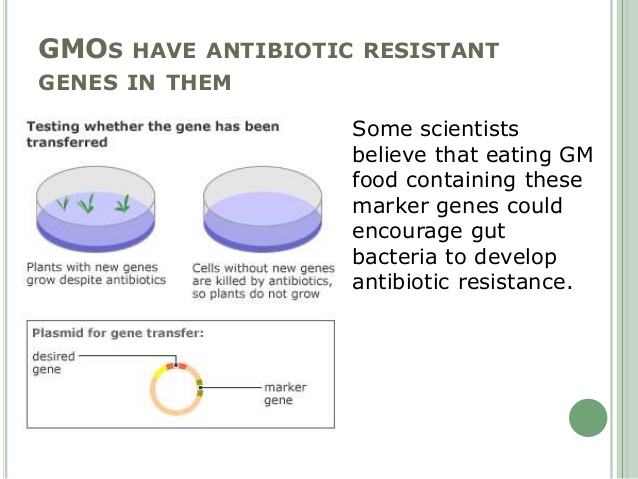
GMOBILITY / ENTRANSFOOD
Gene- transfer in GM crops, European project
https://cordis.europa.eu/project/rcn/52361/factsheet/en